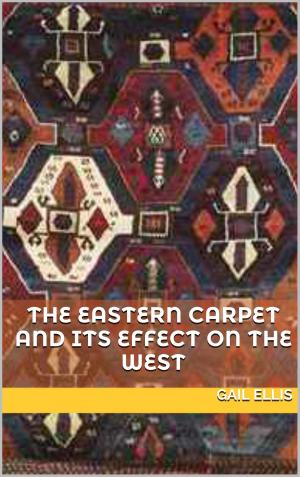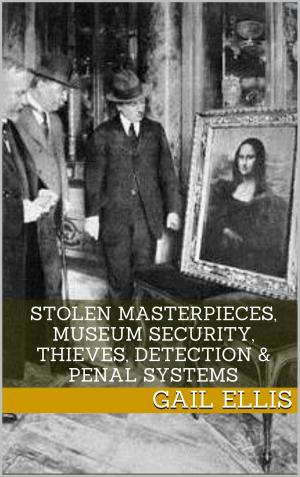Antique Chairs Made in the North West of England
Nonfiction, History, Reference, Reference & Language, Research, British| Author: | Gail Ellis | ISBN: | 9781909827189 |
| Publisher: | Book Treasury | Publication: | June 18, 2013 |
| Imprint: | Language: | English |
| Author: | Gail Ellis |
| ISBN: | 9781909827189 |
| Publisher: | Book Treasury |
| Publication: | June 18, 2013 |
| Imprint: | |
| Language: | English |
Introduction
Furniture maker in Lancashire and Cheshire created some of the most functional furniture suited to the country house within their communities. Lancashire included some of the following places during the late 18th and 19th centuries; Lancaster, Blackburn, Accrington, Preston, Oldham, Rochdale, Darwen, Chorley, Colne, Nelson, Liverpool, Wigan and Blackpool. These were not big country houses these with rows of little terraced cottages that the lower working classes lived in. As the cotton mills and collieries were flourishing during the Industrial Revolution people worked very long hours for so little pay. The slightly better off may have resided in small draughty farmhouses. But what these rooms had in common were similar square shaped rooms and although small they were very cold and the dampness made the slate floor tile rise making them very uneven. Many had an earth floor being too poor for floor covering. The people made do with what that had and with so little money they had very little.
Furniture had to be made very cheaply therefore the regional furniture makers within the community had to create furniture for the masses of local people as inexpensively as possible using local materials as minimal transport meant that raw goods could not get to the rural parts of the country. Up to 85% of all the cotton produced worldwide later came out of the Lancashire mills when canals and rail network spread across the country. This resulted in many Cheshire residents flocking to Lancashire to obtain work which kept the Lancashire chair makers very busy indeed and therefore the chairs they produced were mass produced in the thousands. Some of the Cheshire craftsmen brought their skills with them to Lancashire and many remained in the area for the rest of their lives.
This eBook looks at the type of chairs that came out of the north west of England, the materials used, their construction, the makers, why these types of chairs were made and comments about their value.
Introduction
Furniture maker in Lancashire and Cheshire created some of the most functional furniture suited to the country house within their communities. Lancashire included some of the following places during the late 18th and 19th centuries; Lancaster, Blackburn, Accrington, Preston, Oldham, Rochdale, Darwen, Chorley, Colne, Nelson, Liverpool, Wigan and Blackpool. These were not big country houses these with rows of little terraced cottages that the lower working classes lived in. As the cotton mills and collieries were flourishing during the Industrial Revolution people worked very long hours for so little pay. The slightly better off may have resided in small draughty farmhouses. But what these rooms had in common were similar square shaped rooms and although small they were very cold and the dampness made the slate floor tile rise making them very uneven. Many had an earth floor being too poor for floor covering. The people made do with what that had and with so little money they had very little.
Furniture had to be made very cheaply therefore the regional furniture makers within the community had to create furniture for the masses of local people as inexpensively as possible using local materials as minimal transport meant that raw goods could not get to the rural parts of the country. Up to 85% of all the cotton produced worldwide later came out of the Lancashire mills when canals and rail network spread across the country. This resulted in many Cheshire residents flocking to Lancashire to obtain work which kept the Lancashire chair makers very busy indeed and therefore the chairs they produced were mass produced in the thousands. Some of the Cheshire craftsmen brought their skills with them to Lancashire and many remained in the area for the rest of their lives.
This eBook looks at the type of chairs that came out of the north west of England, the materials used, their construction, the makers, why these types of chairs were made and comments about their value.















